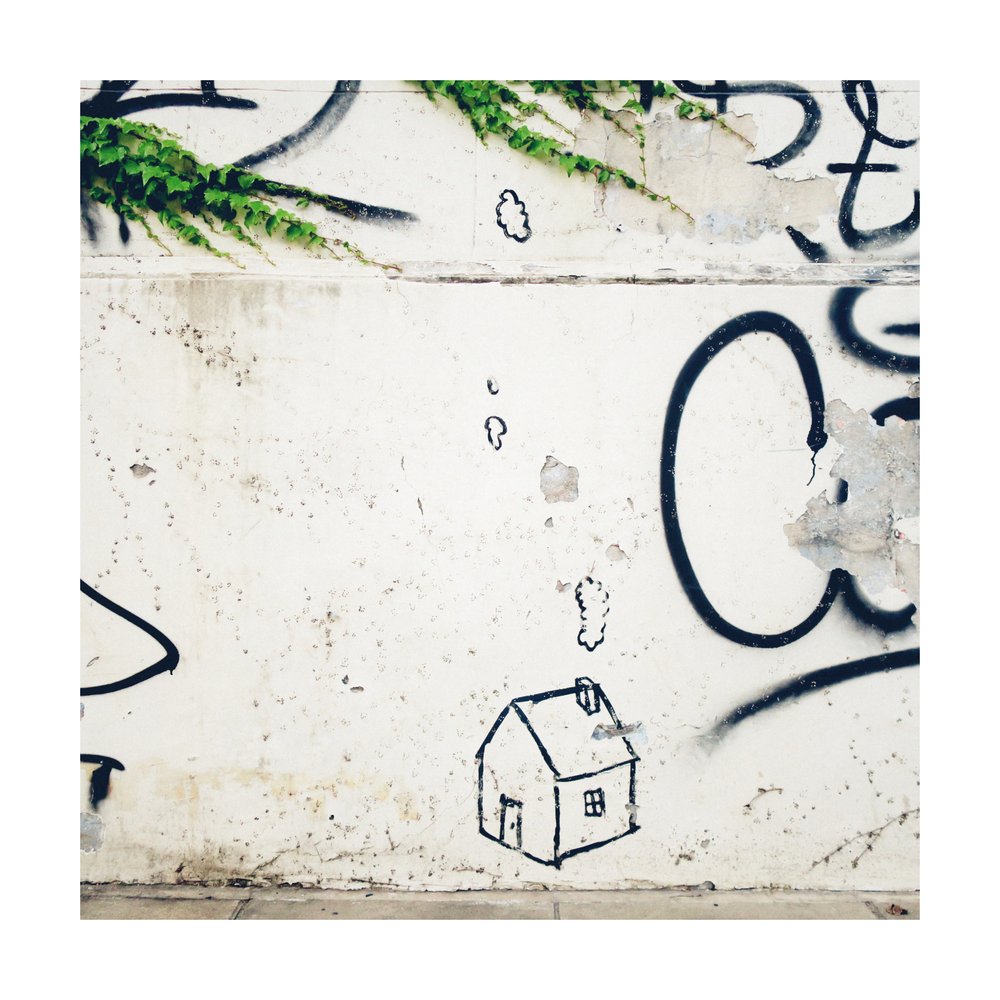A to Z, over
Dear Zoe
The first time Zoe isn’t Zoe anymore is on the morning of her preschool graduation
Amy has just finished second grade.
Since their grandma and their grandpa hardly ever come to school, now the girls talk over one another, each hoping to capture their attention while their parents are off meeting teachers. Zoe squawks like the blue jay in the backyard that dive-bombs the cat with its beak, leaving bald spots. Finally their grandpa stoops over and picks her up and takes her to the playground.
In the peace this break affords them, Amy shows their grandma all her works in progress. She has nearly completed an entire spiral notebook, filling it with the adventures of a butterfly who goes from Oklahoma to the ocean, making friends with fish.
You’d never even dream it, judging by their wings, Amy explains, but butterflies can travel clear to other countries in real life.
Their grandma turns the brittle pages, which Zoe once spilled juice on, getting right up to the part about the jellyfish, which aren’t exactly fish but more like living bubbles, when all of a sudden, Zoe is returned.
Something has happened. Their grandpa says he thinks she bumped her head. But their grandma says, Oh, Zoe, don’t be such a baby, and then she flips another page.
Amy is torn. Part of her would like them to stay focused: after the ocean comes the mountaintop. And yet, another part of Amy knows the worst thing you can do to Zoe is tell her she’s a baby. Often if you do so Zoe howls. Sometimes she throws things.
But now Zoe does nothing. She won’t even look over. Amy watches her and feels herself get so hot it’s cold.
Amy approaches Zoe taking tiny steps, forgetting her notebook, trying to catch her sister’s eye. When she still hasn’t caught it by the time she gets there, Amy whispers: Come with me. But Zoe doesn’t answer. So Amy reaches out and slowly, very slowly, scoops her up and carries her towards the parking lot, across the grass, pausing to point out where the rabbit hutches are. But Zoe doesn’t care.
In the car, Zoe starts crying. Their mother opens up the door and bends down to ask Zoe if her sister has said something to upset her. Amy and Zoe both ignore her.
When their mom shuts the door again there is no sound. The only thing there is is Zoe’s hands over her seatbelt buckle, pulsing. Closer, you can see her tiny fingers twitch.
Now Amy searches Zoe’s face. Tears are rolling down it, but Zoe’s eyes are almost gone. The little slivers of brown you can only barely see in the upper right hand corners tick in place like the stuck hands of a broken watch. But Zoe isn’t looking anywhere because her eyes are almost gone.
In a voice more audible than any Amy knew she had, Amy says, We’re taking Zoe to the doctor now.
Her words restore the rest of sound. Their grandma flicks her lighter and sucks smoke into her mouth. The window on her side slides down. Their grandpa takes one look at Amy in his rear view mirror and takes off.
Over the summer Amy means to complete her notebook, but then she hates her handwriting
The doctor said that sometimes mild concussions lead to episodes like Zoe’s. She’ll be okay, he said. It’s nothing to worry about, unless it happens again.
So after a while Amy gives up on her butterfly, who has yet to make the journey home. For several weeks in her spare time she reads the books their grandma gives them. She learns that plants eat light, and that the reason we don’t all fly into space is gravity. She wants to know why she can’t eat light, too, instead of broccoli, which is a plant, and what will happen if the gravity stops working, and what will happen if Zoe gets another mild concussion. Their grandma says because Amy is not a plant, and it won’t, and she won’t.

